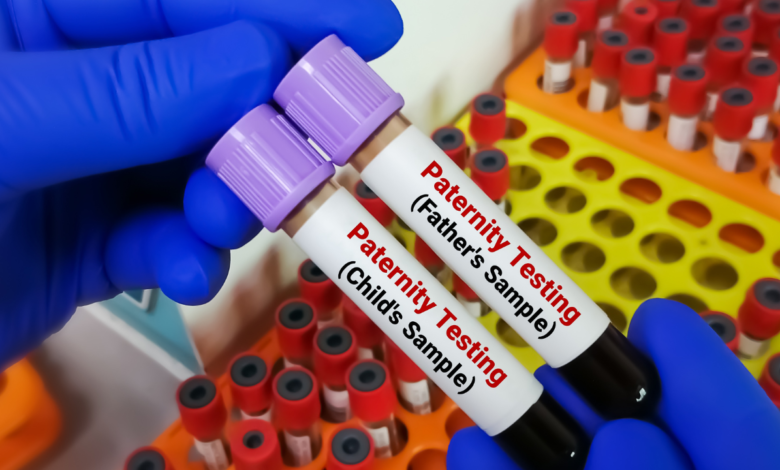Paternity Testing

What is Paternity Testing?
Paternity testing is a scientific method used to determine the biological father of a child. It compares the DNA profiles of the child, the alleged father, and often the mother to establish a biological relationship.
Why Paternity Testing is required?
There are several reasons why paternity testing might be necessary:
- Legal matters: To establish child support, custody, or inheritance rights.
- Personal reasons: To confirm or rule out a biological relationship for personal satisfaction or closure.
- Adoption: To verify the biological father of a child placed for adoption.
- Immigration: To establish a biological relationship for immigration purposes.
Which are the method of Paternity Testing?
The most common method of paternity testing is DNA analysis. This involves comparing specific DNA markers, known as loci, between the individuals involved. Other methods, such as blood typing or mitochondrial DNA analysis, were used in the past but have been largely replaced by DNA testing due to its accuracy and reliability.
Who should go for Paternity Testing?
Anyone who has questions about a biological relationship can consider paternity testing. It’s often recommended when there is uncertainty or doubt about the father of a child.
What are the results of Paternity Testing?
Paternity testing results are typically expressed as a probability. A paternity probability of 99.99% or higher is considered conclusive evidence of a biological relationship. A lower probability may indicate that the alleged father is not the biological father.
What are the components of Paternity Testing?
The components of a paternity test include:
- DNA samples: Saliva samples are usually collected from the child, the alleged father, and often the mother.
- DNA analysis: The DNA samples are analyzed in a laboratory to identify specific DNA markers.
- Comparison: The DNA profiles are compared to determine if there is a match between the child and the alleged father.
- Probability calculation: A statistical analysis is performed to calculate the probability of paternity.





